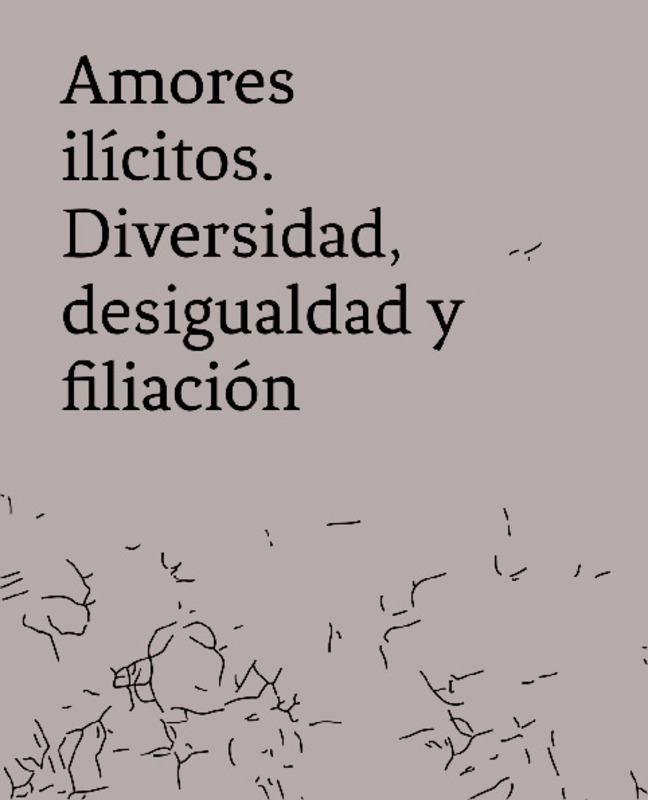|
Resumen:
|
[ES] Para el desarrollo de este capítulo titulado Desde la filiación ilícita. Pérdidas y legados, hemos tomado como referente la película Miseria y fortuna de la mujer, dirigida por Sergei Eisenstein y sus colaboradores ...[+]
[ES] Para el desarrollo de este capítulo titulado Desde la filiación ilícita. Pérdidas y legados, hemos tomado como referente la película Miseria y fortuna de la mujer, dirigida por Sergei Eisenstein y sus colaboradores Grigori Alexandrov y Eduard Tissé. Si bien el cortometraje expone con claridad las diferencias entre el aborto legal y el clandestino, queremos centrarnos en la importancia del papel de la mujer precisamente en ese momento histórico y la relación de filiación íntimamente ligada con la idea de legado, la historia no escrita que se pasa de madres a hijos, interrumpida a veces por la pérdida que supone la imposibilidad de transmitir. Hemos planteado un paralelismo temporal entre la realidad de la mujer en la sociedad de Trotsky y la actuación feminista en la sociedad española coetánea que culmina en la Segunda República. Este estudio nos ha permitido darnos cuenta de la contemporaneidad de los sucesos, reivindicaciones, necesidades y carencias en ambas sociedades y el papel de las mujeres heroínas. Mujeres, unas visibles y otras invisibles. Mujeres que Eisenstein nos retrata en el film y que nos conmueven desde el discurso más cruel, pero también, desde la constatación de la más cruda realidad: la clandestinidad, lo ilícito frente a lo clínico y el respaldo por el Estado. Estos fotogramas que dialogan con el film son un halo de esperanza para aquellas mujeres protagonistas de las historias que nos relata el cortometraje.
[-]
[EN] For the development of this chapter entitled From illicit filiation. Losses and legacies, we have taken as a reference point the film Misery and fortune of women, directed by Sergei Eisenstein and his collaborators ...[+]
[EN] For the development of this chapter entitled From illicit filiation. Losses and legacies, we have taken as a reference point the film Misery and fortune of women, directed by Sergei Eisenstein and his collaborators Grigori Alexandrov and Eduard Tissé. Although the short film clearly exposes the differences between legal and clandestine abortion, we want to focus on the importance of the role of women precisely in that historical moment and the relationship of filiation intimately linked to the idea of legacy, the unwritten history that is passed from mother to child, sometimes interrupted by the loss that the impossibility of transmitting entails. We have drawn a temporal parallel between the reality of women in Trotsky's society and feminist action in contemporary Spanish society, culminating in the Second Republic. This study has allowed us to realise the contemporaneity of the events, demands, needs and shortcomings in both societies and the role of women heroines. Women, some visible and others invisible. Women that Eisenstein portrays in the film and who move us from the cruelest discourse, but also from the observation of the crudest reality: clandestinity, the illicit versus the clinical and the support of the state. These stills that dialogue with the film are a halo of hope for those women who are the protagonists of the stories told in the short film.
[-]
|







